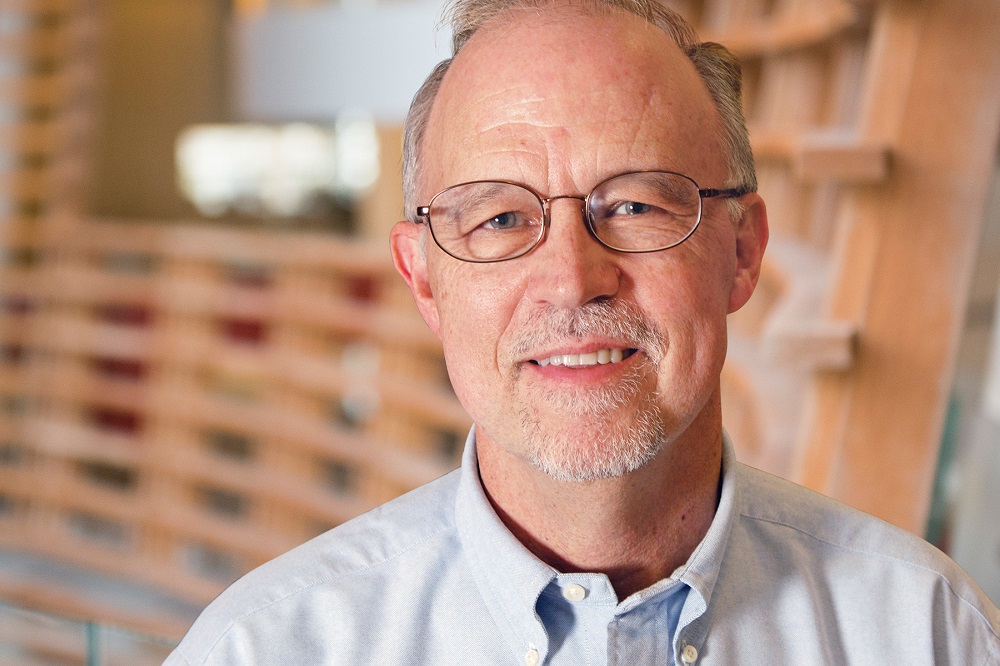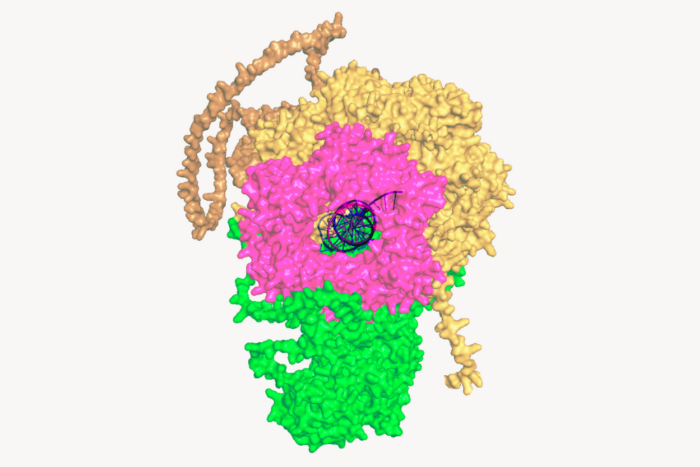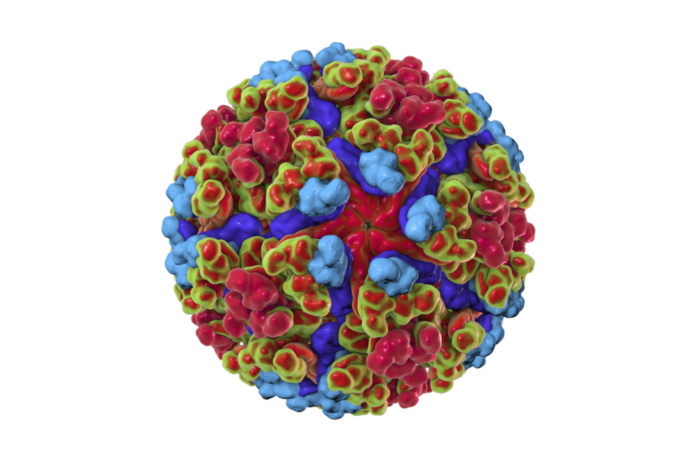Sid Strickland will step down from role of dean of graduate and postdoctoral studies

Sidney Strickland
Sidney Strickland, Rockefeller’s vice president for educational affairs and dean of graduate and postgraduate studies, will be stepping down after over two decades supervising the university’s educational program. He will continue at Rockefeller as the Zachary and Elizabeth M. Fisher Professor in Alzheimer’s and Neurodegenerative Disease and will direct the research of the Patricia and John Rosenwald Laboratory of Neurobiology and Genetics. An international search for Strickland’s successor is underway, with the hope of having a new dean appointed by the start of the next academic year in July. Strickland will continue in his current role until the transition is complete.
Strickland was himself a Rockefeller trainee nearly 50 years ago as a postdoc in the lab of Edward Reich before becoming a tenured faculty member at the State University of New York at Stony Brook. He returned to Rockefeller in 2000 as dean of graduate and postgraduate studies, and built a strong program focused on student support, helping ensure that students have the resources they need to succeed in an environment where much of the learning is self-directed.
“My goal has been to create a formalized, institutional safety net for students and postdocs, to give them a place outside the lab to turn to not just for scientific guidance but for support navigating career decisions, work-life balance, family issues, and whatever else may arise in their lives,” Strickland says. “It’s important to know people are available to listen and help solve problems.” Strickland is assisted in this by Senior Associate Dean Emily Harms, whom he hired in 2004.
The Dean’s Office plays a critical role in the admissions process and in welcoming new students to the Rockefeller community and easing their transition to campus and graduate school. In students’ first year they meet regularly with members of the Dean’s office to discuss goals, ensure they are finding suitable classes for their education as well as meeting with faculty to arrange research rotations, and ultimately joining their thesis lab. In subsequent years, the Dean’s office oversees students’ progress, coordinating their curricula, making sure they are having yearly faculty advisory committee meetings, and remaining available to address any challenges that may arise. Thanks to Strickland’s hiring of a director of career and professional development—Andrea Morris, who joined the office in 2016—the office also helps trainees explore career options and conduct successful job searches. As the landscape of scientific careers has evolved to extend beyond academia and life science industry, the Dean’s Office has increasingly helped students prepare for jobs in government, publishing, consulting, and many other areas.
With these initiatives in place, Strickland’s decision to step aside opens the door for a new dean to build on a strong foundation, and for Strickland himself to turn more attention to his research. “The graduate program will benefit from new ideas and new approaches, and this is the right time for me to refocus my energy on my lab,” says Strickland, who investigates neurovascular dysfunction in Alzheimer’s disease.
During his career, Strickland has been part of the Rockefeller community in several capacities. After his postdoc, he stayed on at Rockefeller to become an assistant and associate professor. In 1983, he left for an appointment as associate professor at the State University of New York at Stony Brook, where he was promoted to full professor and later Leading Professor. At Stony Brook, he also served as director of the program in genetics, as well as associate director of the Institute of Cell and Developmental Biology before returning to Rockefeller in 2000.
Under Strickland’s watch, 582 young scientists received Rockefeller Ph.Ds. and 2,218 postdoctoral researchers have called Rockefeller home. He also worked with faculty members to bring 17 new courses to the graduate program.
“Sid’s leadership of the graduate programs has been transformational and leaves a remarkable legacy,” says Richard P. Lifton, Rockefeller’s president. “Sid has set the standard for supporting and nurturing the students who will lead the next generation of scientific discovery. He has led with optimism, good will, integrity and dedication; we owe him a tremendous debt of gratitude for serving in this role for more than 20 years.”


